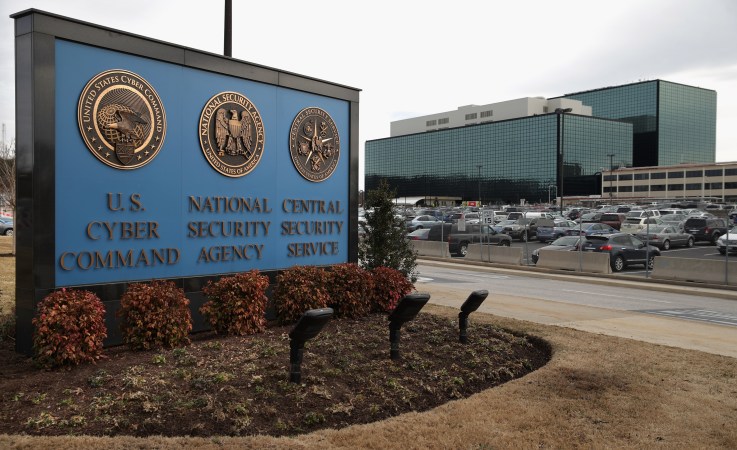Trump approves Obama-era plan for a more independent US Cyber Command

President Trump has given the go-ahead for a plan dating from the Obama administration to elevate US Cyber Command to the level of Unified Combatant Command, giving it more operational independence from the National Security Agency. The statement also raised the possibility of splitting off CyberCom from the NSA entirely.
Both actions were recommended by former former Secretary of Defense Ashton Carter last year, as he told TechCrunch at the time.
“At the moment, we have the NSA, which is part of the intelligence community, managed by the Department of Defense, and CyberCom, which is a combat group whose first job is to protect,” Carter said during an interview at Disrupt SF. “We had them both in the same location and able to work with one another. That has worked very well, but it is not necessarily the right approach.”
Sometimes their missions can be in conflict. For example, say a terrorist group is organizing online; the NSA might want to keep the network alive to glean more data, while CyberCom might want to shut it down to disrupt the group’s command structure. If separated, the two groups could pursue their ends independently, though a great deal of collaboration would still be necessary.
Both organizations are currently led under a “dual-hat” system, where the director of the NSA — currently Admiral Mike Rogers — also leads Cyber Command. Last year the idea of splitting the two was met with resistance from the Committee on Armed Services, specifically Senator McCain, who resented the plans being made without their consultation. He wholeheartedly supports the plan now, though.
There are currently nine Unified Combatant Commands, organized both by region and responsibility. For instance, Pacific Command oversees that ocean, southeast Asia, and Australia, while Transportation Command is in charge of mobility assets worldwide. CyberCom, originally underneath Strategic Command, would join the ranks and get its own seat at the table.
If the split were to take place, an interesting consequence would be that the NSA could be led by a civilian. However, there’s no indication now of how leadership will change, who will be in charge of what, or when. The green light is really just the start, and we’ll know more soon.
Staffing the enhanced CyberCom might be a challenge, since the military would be vying with top recruiters from tech and security firms. It will help, though, that potential recruits will see that cybersecurity is no longer being treated as a lesser discipline and only tangentially related to warfare and defense at large.
Whatever happens, this concrete action to invest in the country’s cybersecurity infrastructure will likely be welcomed by many. There is a sense that we are being outplayed by cyber operatives in countries and organizations all over the world, from Russia to IS. And a rising tide, in this case increased attention and federal investment, would presumably raise all boats in the industry.
Featured Image: Chip Somodevilla/Getty Images